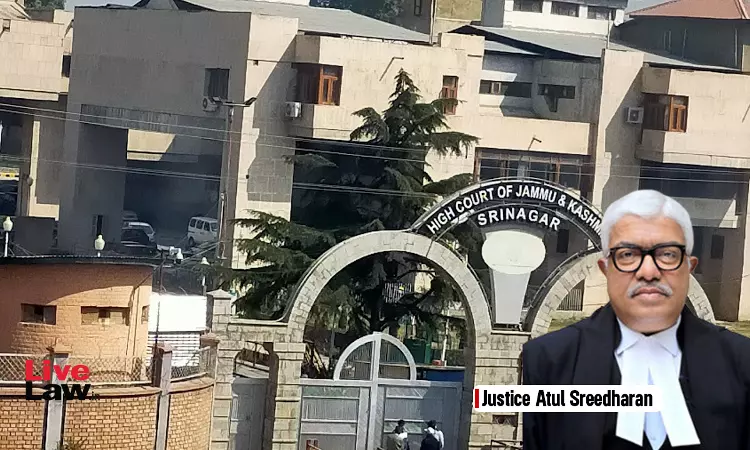J&K High Court Imposes 10K Cost On DM Jammu For 'Unjustifiable' Preventive Detention Order
LIVELAW NEWS NETWORK
18 July 2024 10:24 AM IST

Next Story
18 July 2024 10:24 AM IST
The High Court of Jammu & Kashmir and Ladakh has sharply criticized a preventive detention order issued under the Jammu and Kashmir Public Safety Act, 1978, and imposed a ₹10,000 fine on the District Magistrate Jammu, personally, citing "unjustifiable" grounds for the detention.The court described the detention order as based on the “twisted reasoning and thought process of the...
